- Support for Army Multi-Environmental Enduring Organizational Clothing and Individual Equipment (OCIE) Program
- Support Full Funding for the Army Soldier Enhancement Program (SEP)
- Support Defense Production Act (DPA) Title III Programmatic Funding for the Warfighter Clothing and Individual Equipment Industrial Baset
For more than 15 years, the Warrior Protection and Readiness Coalition has applied a thoughtful and innovative approach to Congressional advocacy, achieving success on behalf of its members companies. WPRC members represent the entirety of the Berry Amendment-compliant domestic clothing and textile supply chain and the industrial base that supports the Organizational Clothing and Individual Equipment needs of the Department of Defense. Our members are located across the nation, employing thousands of American workers building 100% domestically made textiles, uniforms, body armor, ballistic helmets, eye protection and footwear for the warfighter. WPRC members are a resource that provide distinctive insight and perspective for Members of Congress and their staff members to better understand the challenges facing American manufacturers. This approach has resulted in strong bi-partisan relationships with both authorization and appropriations policymakers and legislative success that has positively impacted WPRC member companies. Below are examples of WPRC policy accomplishments and current priority issues.
Homeland Procurement Reform (HOPR) Act
The HOPR Act was included in the Fiscal Year 2023 (FY23) National Defense Authorization Act (NDAA) and is the culmination of several years of WPRC advocacy on behalf of the domestic industrial base and American companies that provide 100% made-in-America uniforms, footwear and protective equipment to the Federal government. This represents a significant policy victory for WPRC member companies.
This critical, bi-partisan legislation ensures that the operational units within the Department of Homeland Security (DHS) including Customs and Border Protection (CBP), the Transportation Security Administration (TSA), U.S. Secret Service, and Immigration and Customs Enforcement (ICE) procure uniforms and equipment manufactured in the United States. Currently, many DHS agencies purchase uniforms and equipment manufactured in foreign countries that lack supply chain dependability and secure protocols for handling sensitive uniform items. The HOPR Act sets a new precedent to ensure that uniforms, footwear, body armor and equipment for DHS frontline personnel are built in the United States, supporting the industrial base and ensuring supply chain security.
Reverse Auctions/Best Value Contracting Preference
In 2014, WPRC successfully achieved legislative language ending the Defense Logistics Agency’s use of Reverse Auction contracting for our industry segment. In 2015 WPRC successfully supported legislative language that requires the use of Best Value contracting for clothing and textile product category contracts. In 2016 WPRC successfully ensured that this Best Value language was codified into law.
Soldier Enhancement Program
Established by Congress in 1990, the Soldier Enhancement Program (SEP) allows the Army to quickly provide Soldiers the needed equipment and clothing for success in training and in theatre. It supports accelerated integration, modernization, and enhancement efforts of lighter, more lethal weapons, and improved Soldier items including lighter, more comfortable load-bearing equipment, field gear, survivability items, communications equipment, and navigational aids.
Many WPRC member companies have participated in these programs under the guidance of Army PEO Soldier and believe this program represents the gold standard of accelerated development and procurement. Thanks to the advocacy of the WPRC, the FY21 House and Senate NDAAs included report language re-authorizing the SEP program, affirming Congressional support for this critical program. FY21, FY22, and FY23 have seen additional funding added to the SEP program, allowing Army to test, evaluate and field new capabilities and technologies to the soldier.
Over the past several years, WPRC advocacy has maintained the SEP program within the Army and successfully increased funding to encourage new and innovative product evaluations and procurements.
